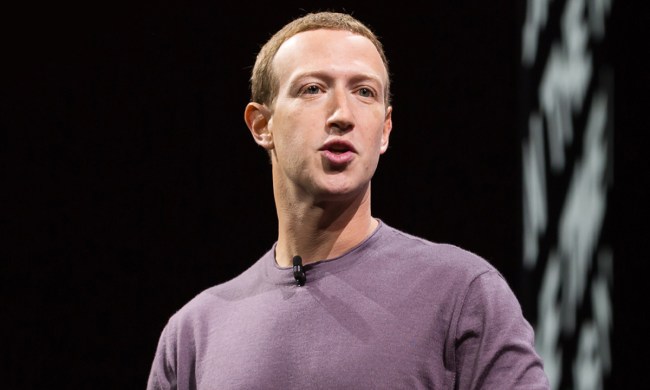Another day, another event cancellation, this time the North American International Auto Show (NAIAS) in Detroit, Michigan.
A major event on the auto industry’s calendar, the Detroit Auto Show, as it’s popularly known, was set to go ahead in June, but organizers announced over the weekend that it was calling it off due to the coronavirus (COVID-19) outbreak.
The decision was prompted in part in expectation of the TCF Center — the enormous venue in downtown Detroit that’s hosted the auto show annually since 1965 — becoming a temporary field hospital for dealing with COVID-19 patients in the area.
“Although we are disappointed, there is nothing more important to us than the health, safety, and well-being of the citizens of Detroit and Michigan, and we will do what we can to support our community’s fight against the coronavirus outbreak,” Rod Alberts, executive director of NAIAS, said in a release.
Alberts added: “With the more than 100 convention centers and facilities around the country being considered to potentially serve as temporary hospitals, it became clear to us that TCF Center would be an inevitable option to serve as a care facility to satisfy our community’s urgent health needs.
“One of the hallmarks of NAIAS since the very beginning has been our commitment to being socially responsible. Our thoughts continue to be with those whose lives have been impacted by this devastating virus. And, we support the city and state’s mission to help preserve life in the face of this challenging situation.”
The two-week car show usually attracts around 750,000 visitors, with Digital Trends being a regular visitor. Before this year, the event was always held in the bitterly cold month of January, but this year it switched to June to give automakers the chance to show off their new motors in the open air. But COVID-19 has now dashed that plan.
Keen to offer car fans a ray of hope in these challenging times, NAIAS chairman Doug North said the Detroit show would be “ready to unleash this energy and enthusiasm when June 2021 rolls around to produce the absolute best show and experience ever.”
The Detroit Auto Show is the latest major event to be canceled in response to the COVID-19 pandemic that’s currently sweeping across the U.S. and beyond. A website designed to let people know if an event was still going ahead has been halted after its creator said that the list of cancellations had “become too large to continue updating.”


